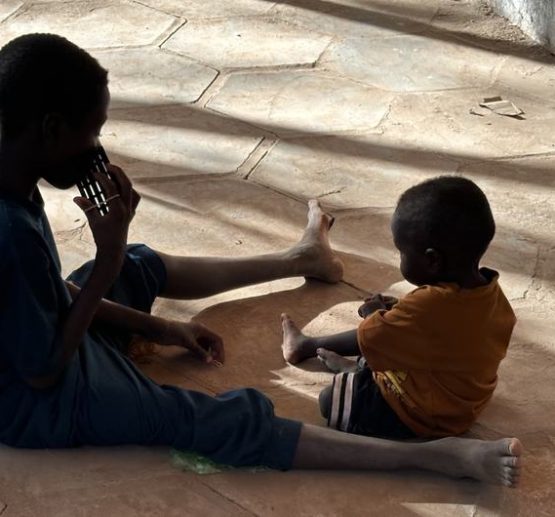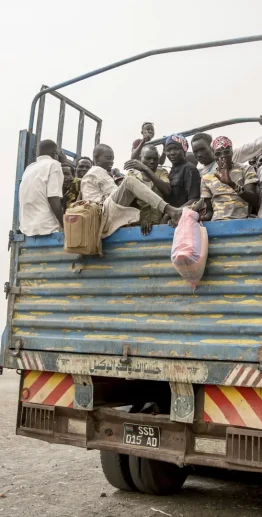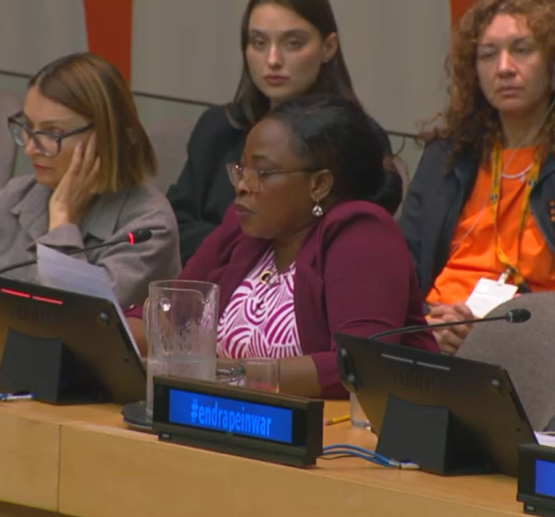Norrie Kurtz
Norrie was born in Brooklyn, NY in 1943 during World War II. Her family moved to a small resort town in upstate NY when she was 12. After receiving her Masters degree, Norrie worked as a speech pathologist in a school for neurologically impaired youngsters and subsequently as an audiologist for 20 years at Manhattan Eye, Ear & Throat Hospital in NYC.
In 1989, eighteen months after the adoption of her 7 year old son from South Korea, her husband passed away. Norrie became a single parent and changed careers to become a data research analyst of institutional investors of fixed income, work that ended in August 2010 as her work was transferred to the Philippines.
From an early age, my family was active in social and economic justice issues. My earliest memories were collecting funds for the newly formed state of Israel, specifically for Hadassah Hospital when I was 6. Then in 1949, we learned of cousins who had survived the Holocaust. My parents searched for them, sponsored them, and they came to live with us for almost two years, until they could independently support themselves. During the two years that these cousins lived with us, every night after I went to bed I would listen to them as they recounted the horrors they had endured in Auschwitz. I cried myself to sleep for those two years – but those stories of horror and subsequent human resiliency and survival shaped my entire life’s perspectives, philosophy, and personality. They imbued in me a fire for social and economic justice for victims of human injustice.
As a young adult, I was active in the civil rights movement of the ‘50s and early ‘60s – followed by marches in Washington, DC in the late ‘60s and early ‘70s in protest of US involvement in Vietnam.
In 1999, I participated in the first of many 3-day 60 mile walks against breast cancer as a walker and later as a crew member. And starting in 2005, I added crewing in the annual Braking the Cycle event, a 3-day 275 mile bike ride that supports services for people with AIDS/HIV. In November, 2010, I did another 1-day 20 mile walk in San Antonio, TX supporting Prevent Child Abuse Texas and in 2011 participated as Co-Crew Captain.
But it is the genocide in Darfur that touched a unique place in my heart from the moment I learned of it. I joined a local faith-based group (the Summit Darfur Genocide Rescue Committee) that responded to the genocide with outreach, political action and resettlement resource activity. Initially, I was Chair of the resettlement sub-committee and subsequently became Chair of the entire group. (Sadly, the group disbanded subsequent to the loss of the Interfaith Clergy Council involvement and support.)
I am so honored and privileged to be a member of DWAG and grateful to Niemat Ahmadi for her friendship, her courage and her doggedness in her attempts to help the people of Darfur.



